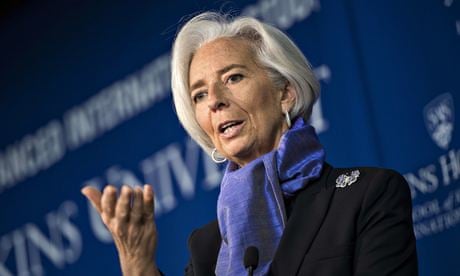Unconscious bias affects every area of our lives. Unconsciously, we tend to like people who look like us, think like us and come from backgrounds similar to ours. Everyone likes to think he or she is open-minded and objective, but research has shown that the beliefs and values gained from family, culture and a lifetime of experiences heavily influence how we view and evaluate both others and ourselves.
These thought patterns, assumptions and interpretations – or biases – we have built up over time help us to process information quickly and efficiently. From a survival standpoint, bias is a positive and necessary trait. In business, however, bias can be costly. It can cause us to make decisions that are not objective; and ultimately we miss opportunities.
Women now account for 20.7% of board members in FTSE 100 companies, according to a recent report by Lord Davies. Whilst this may be a significant improvement on the 2011 figure of 12.5%, it is still a long way from gender parity. Could the reason behind this be the unconscious bias not only of men, but also of women themselves?
Our aspirations too tend to reflect the current norm and, with relatively few women in key roles, women's unconscious beliefs about career advancement could be holding them back from reaching the top. Bias comes in many forms, from assuming you need to take on more "masculine" characteristics to succeed, to doubting your abilities and strengths.
These biases are reinforced when we read articles about roles models such as Christine Lagarde, the first female leader of the IMF, who recently revealed that when she was starting out she was warned by a reputable company in France that she would never be made a partner because of her sex. It's easy to think think to ourselves: "If it happened to her, surely it will happen to me."
While all these biases protect us from the fear of failure, they also hold us back from reaching our true potential. So what can we do to change this?
Helena Morrissey, chief executive of Newton Investment Management, believes that "the arguments are that you need diversity of thought and diversity of perspective".
To achieve this diversity in the boardroom, companies must invest in their female talent and nurture them through the ranks.
Christine Lagarde agrees: "I'm the single voice constantly in a room full of men, it's only going to carry the organisation so far. Where I think it really makes a difference is when I can endorse the middle management, or upper-middle management and make them – generally in the minority – make them comfortable, confident, prepared to shake their views."
However, to begin a real process of change, women also need to look at their own unconscious bias and move away from these potentially damaging beliefs. Assumptions are internal; they come from within us and before any external change can be made in a company's culture, they need to be understood.
We must unlearn our current beliefs and relearn new ones. If there are no suitable role models in our surrounding environment, we have to create our own definition of what makes a great leader and become advocates for ourselves.
Trang Chu is an executive coach and founder of Tallgrass Leaders. Prior to founding Tallgrass Leaders, she was a managing director at Deutsche Bank and Merrill Lynch.

Comments (…)
Sign in or create your Guardian account to join the discussion